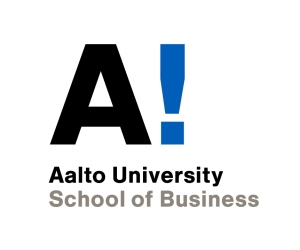I like to watch for articles and commentary on the role of English in the world today. Linguists live in a world of their own, and it’s nice to see what the broader world has to say about my research subject. From time to time, an online news source publishes something on English as a lingua franca (ELF), and especially its spread in international business. Usually the stories themselves are fairly dull, but the public forum for comment and discussion can be an informal barometer for language attitudes and ideologies surrounding English.
Last week’s column in the Economist (Schumpeter, 15.2) was no exception. Entitled “The English empire”, the article reads like an advertisement for global English. A long list of multinational companies are listed where English has been adopted as an official language and serves as a lingua franca between non-native speakers and users of English. This spread of English as a business lingua franca (BELF) is hardly news, but the column helpfully gives a list of quotes from various experts who think this is a good and natural development. Then, three obligatory components that must be included in articles like this:
- taking a shot at the EU translation regime – “a babbling army of translators costing $1.5 billion a year”
- a gratuitous reference to colonialism – “English is the language on which the sun never sets”
- a token finger-wag toward monolingual English native speakers – “Too many of them [English native speakers] risk mistaking their fluency in meetings for actual accomplishments”
As with an article from the Guardian that I earlier discussed on this blog, the interesting part comes in the reader discussions which follow. Sure, there’s the expected snobbery of language purists toward non-native English speakers1 (and toward American English, of course), along with suitably indignant replies. But in the midst of this and other folk linguistic speculations on the suitability of Mandarin Chinese to be a global lingua franca, an interesting theme emerges – the decline of the monolingual English native speaker. Keep reading…





